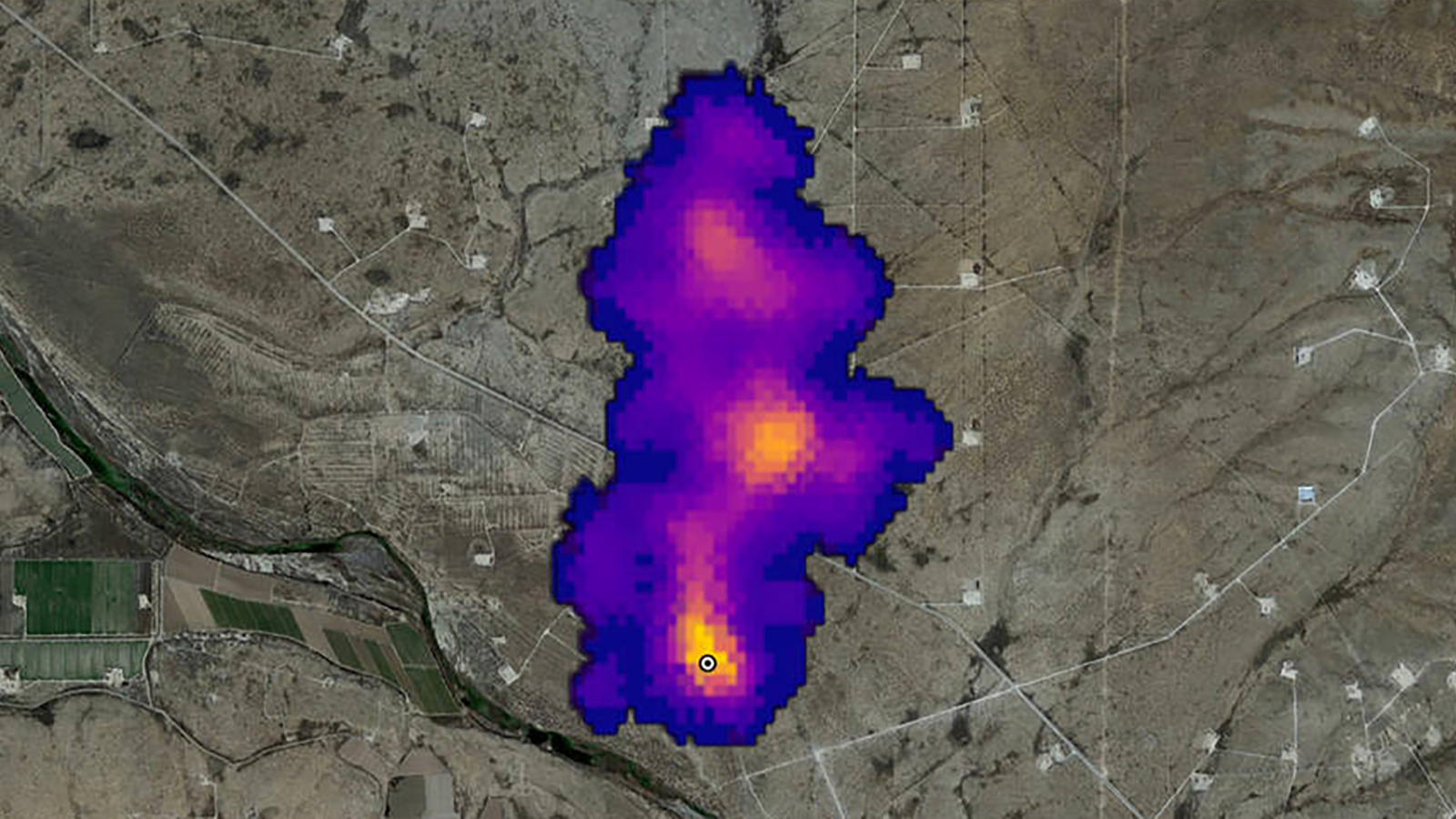Soot Now Outranks Methane As Global Warming Agent

What’s the Latest Development?
A report published Tuesday in Journal of Geophysical Research confirms a 2008 claim that black carbon — more commonly known as soot — has taken over from methane as the biggest human-generated contributor to global warming after carbon dioxide. Emissions, which come from wood fires and diesel engines among other sources, have twice as much of an impact on climate change as previously thought. The findings emerged on the same day that two US governmental agencies announced that 2012’s global average temperature was one of the warmest on record.
What’s the Big Idea?
Although the US has been able to successfully reduce its soot emissions, China and parts of southeast Asia are still using a great deal of diesel, wood and coal power; Beijing’s recent air pollution problems have been partially attributed to soot. In addition to improving air quality for humans and animals, cutting soot emissions would cause an immediate cooling effect, but it wouldn’t be a long-term solution, says study co-lead author Tami Bond: “[T]o really solve the long-term climate problem, carbon dioxide emissions must also be reduced.”
Photo Credit: Shutterstock.com




